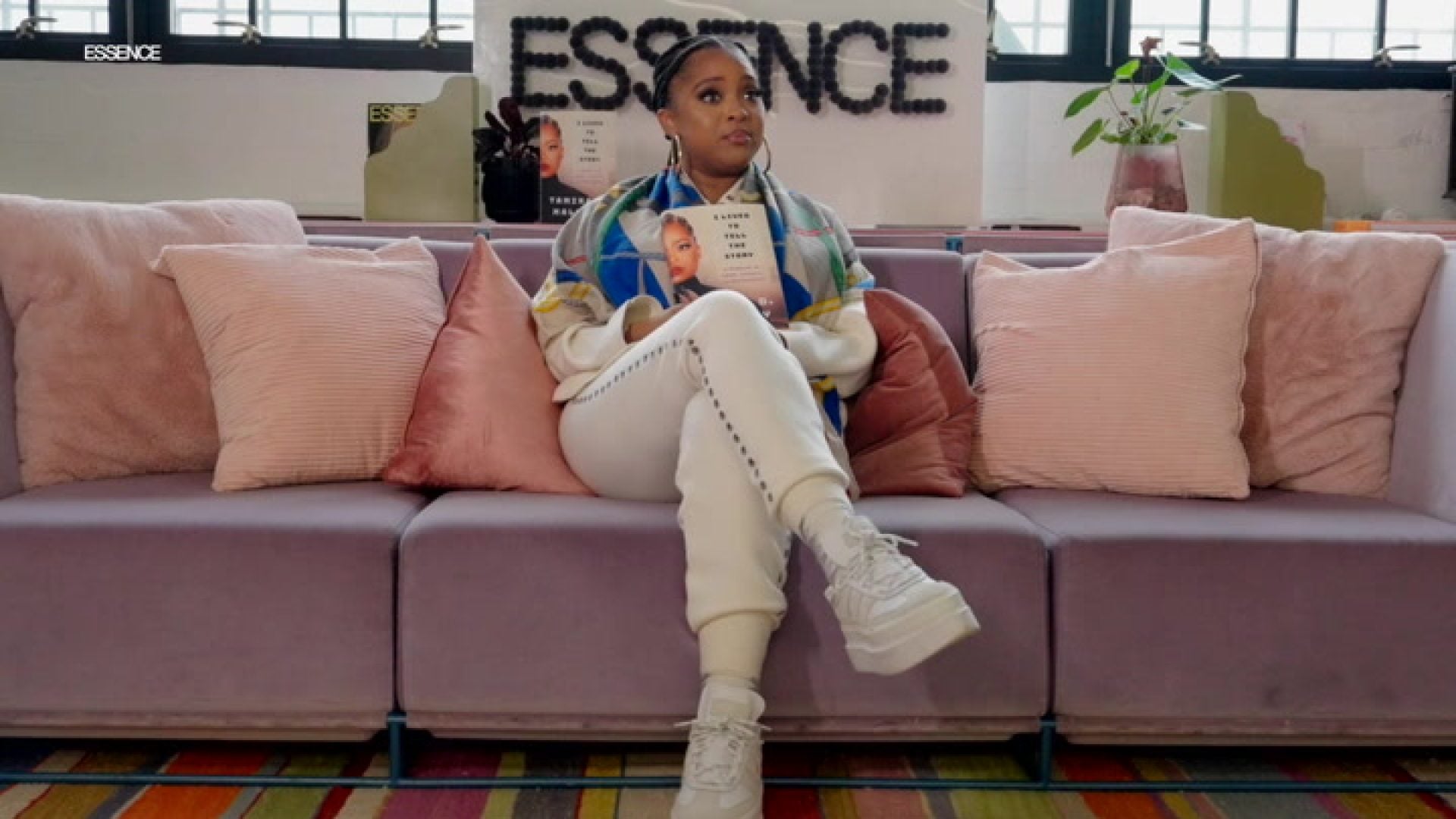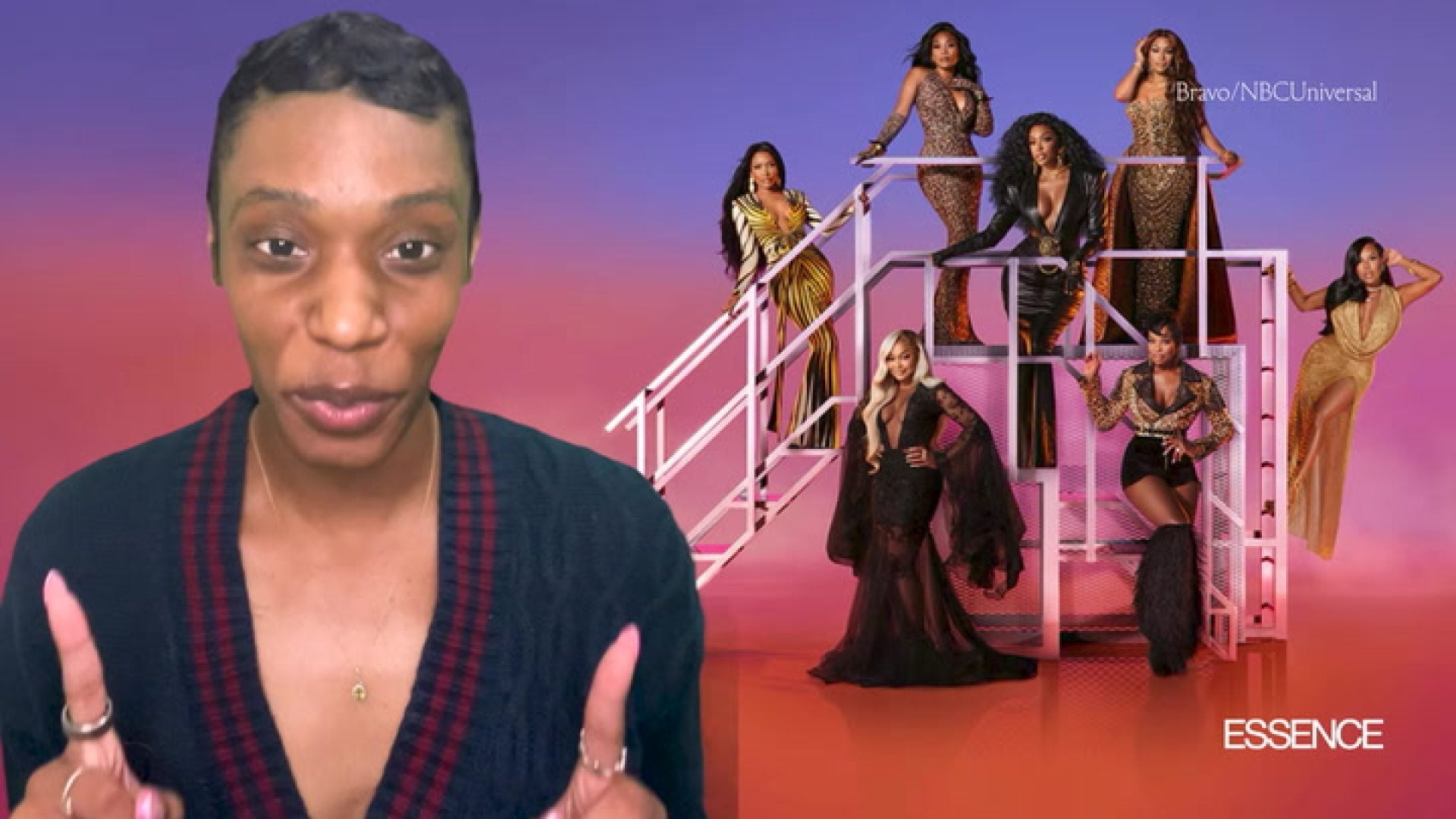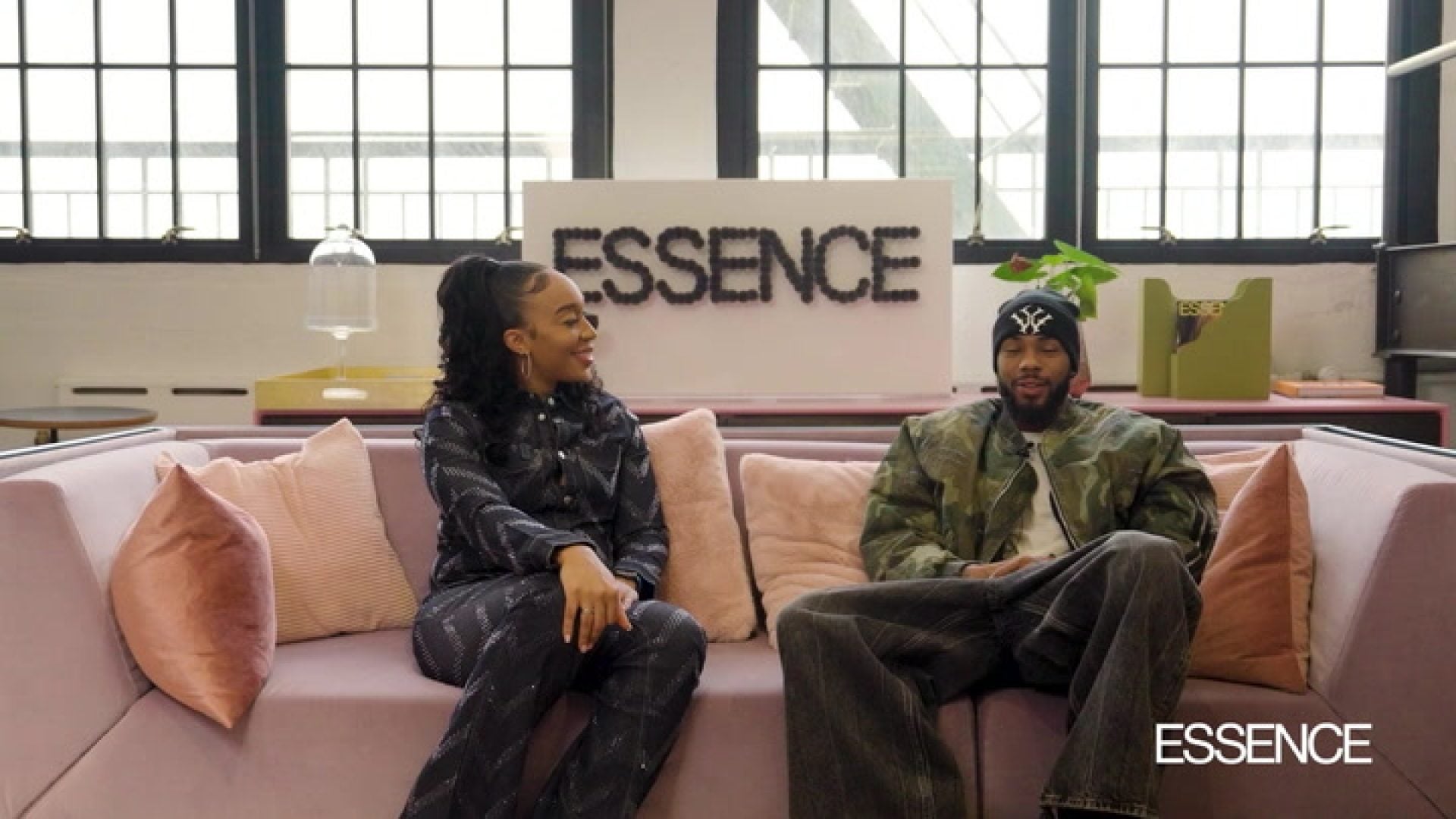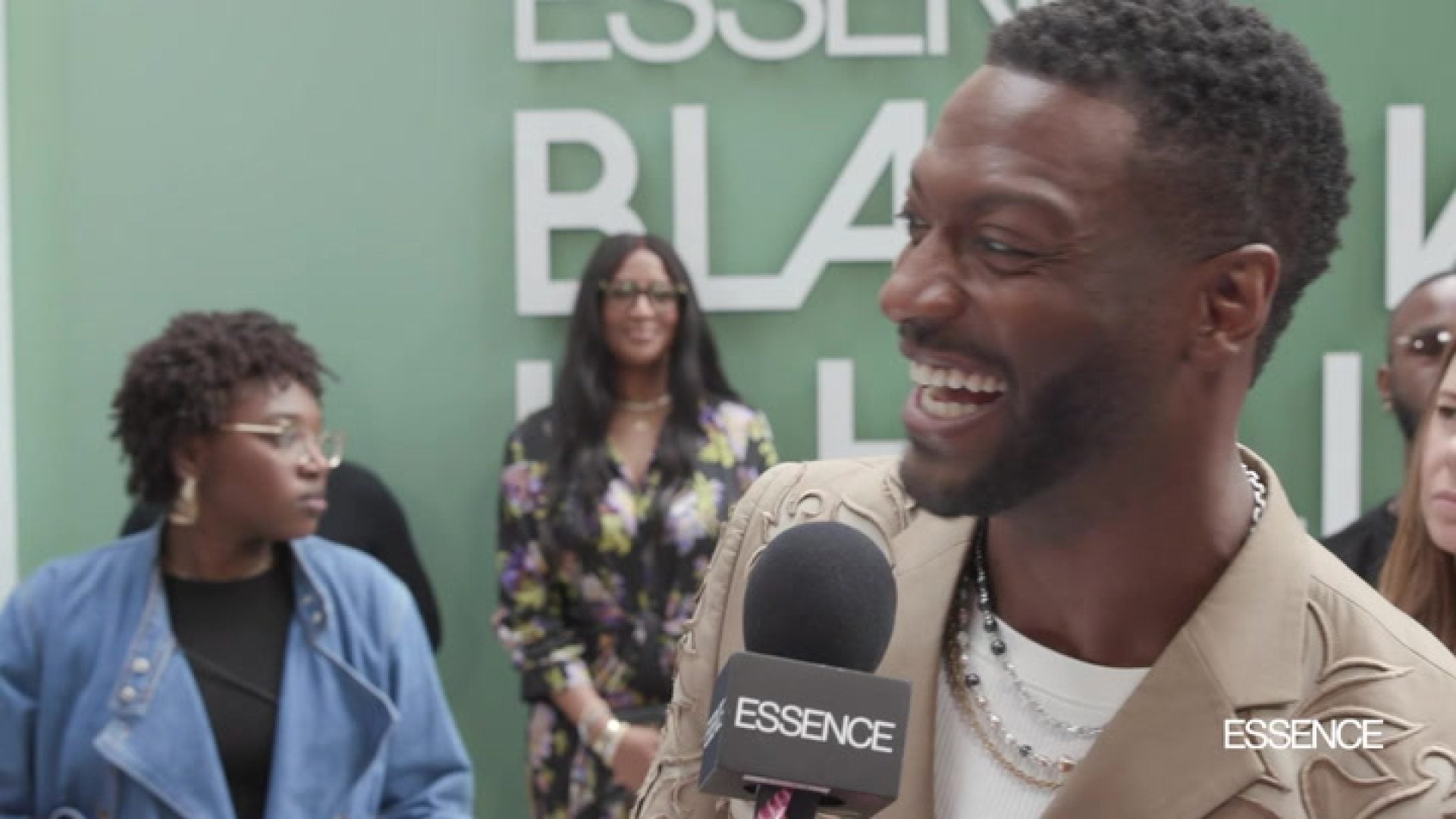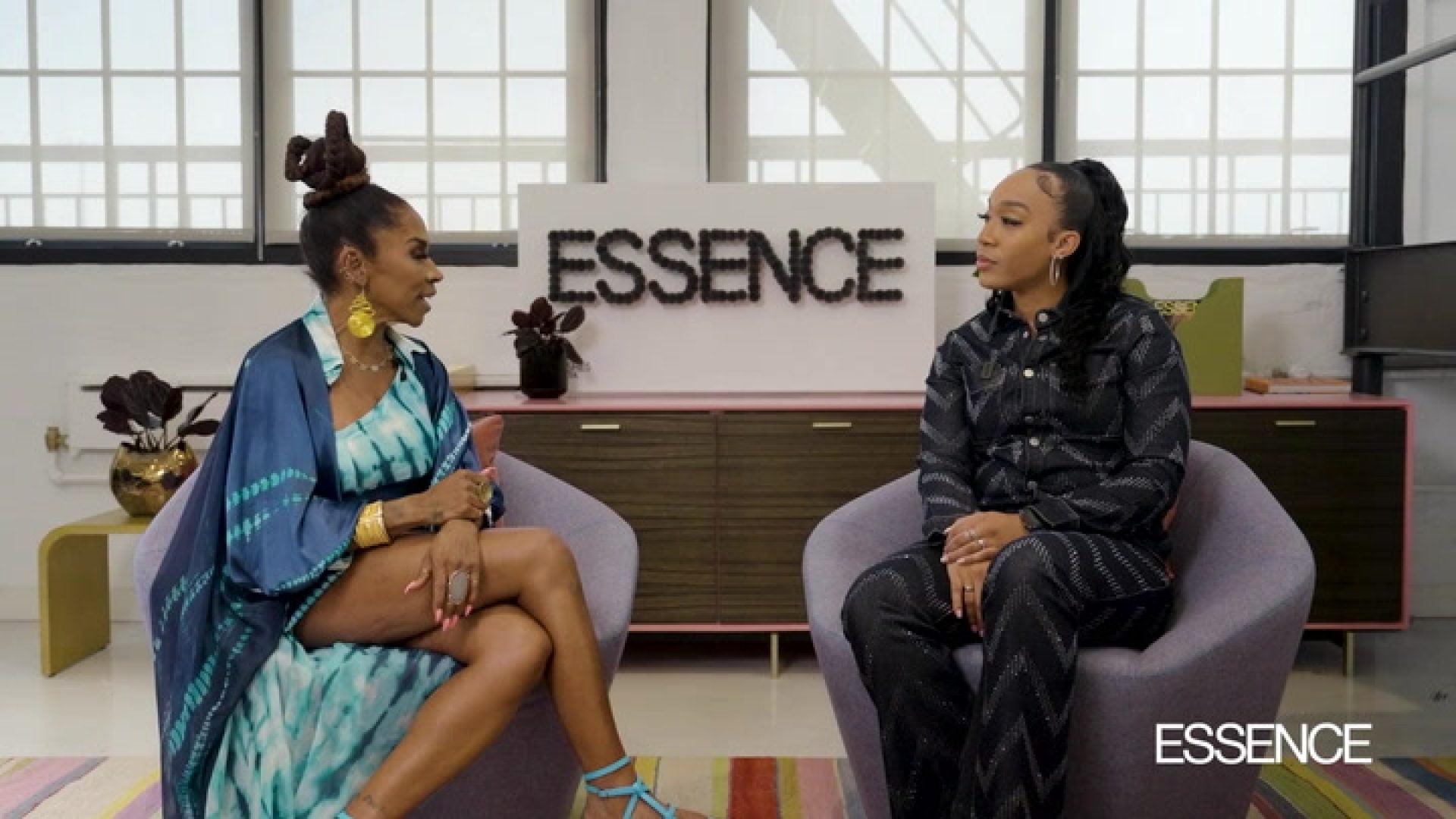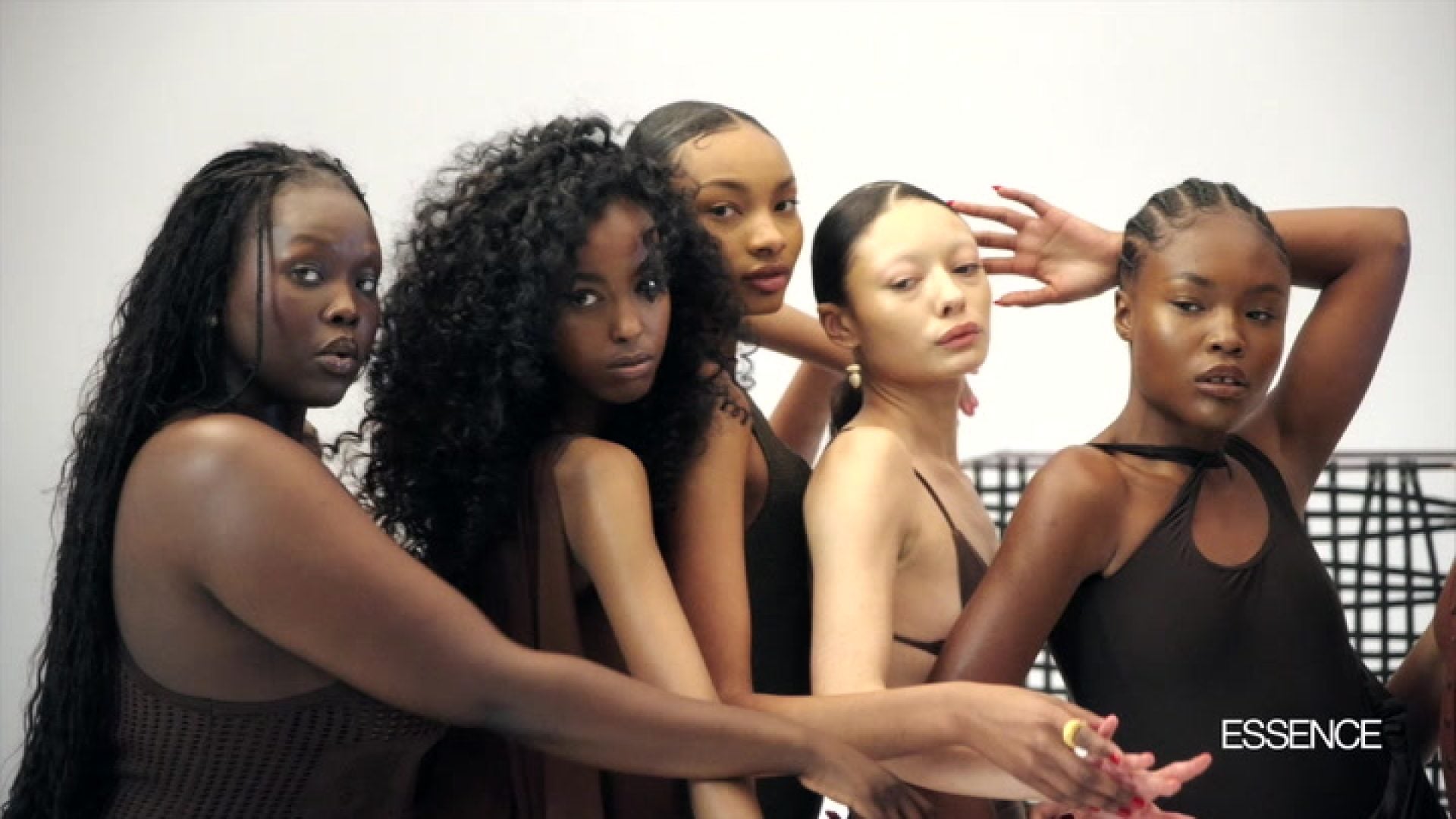How Black Women Supporting Colin Kaepernick May Force The NFL's Hand
Wednesday's 'United We Stand' rally kicks off a movement to challenge white supremacy in the NFL.
Nearly a year ago, former San Francisco quarterback Colin Kaepernick began standing up for Black lives with the bend of a knee to protest the National Anthem during games.
Now, a new regular season is just two weeks away, and Kaepernick is still without a team.
As it becomes more apparent that the Super-Bowl-XLVII-standout’s activism may be costing him his career, civil rights, civic and faith-based organizations have jumped to his defense, organizing a rally on August 23 in New York City, right on the doorstep of the National Football League’s Manhattan headquarters.
Black women — as with many historic acts of resistance in this country — are at helm of this pro-Kaep, pro-Black advocacy says organizer Tamika Mallory. Groups under Mallory’s leadership like Justice League NYC and Women’s March, and influencers like activist Brittany Packnett and political commentator Symone D. Sanders are a part of the coalition behind the rally.
“It’s important for us to rally people so all of America is on notice,” Mallory said. “I don’t think we’re organizing for one man as much as we are what that man stands for.” On Wednesday, Mallory will be among the gatherers at the United We Stand rally, where the groups will announce a non-violent direct action campaign targeting the NFL.
“It is clear the NFL’s intent to make an example out of Colin Kaepernick is rooted in white supremacy which dismisses the reality of the dehumanization of Black Bodies in America,” Rev. Stephen A. Green, president of The People’s Consortium for Human and Civil Rights, Inc., said in a statement.
“Therefore, we are calling on people of good will to join us in New York to stand with Colin Kaepernick in this moral movement that will transform the nation.”
In the past year, Kaepernick has spoken out against police brutality, publicly commemorated Black freedom fighters, and made at least $800,000 worth of charitable organizations out-of-pocket donations, according to the Colin Kaepernick Foundation. The football star has pledged to bring that number to $1 million before the end of the year.
While the full spectrum of his philanthropy touches the lives of women and girls of color, he’s allocated $133,000 to organizations that center them specifically; the Lower Eastside Girls Club in Manhattan, Assata’s Daughters in Chicago, Helping Oppressed Mothers Endure (H.O.M.E.) in Atlanta, Mothers Against Police Brutality in Dallas, and the Center for Reproductive Rights, which works internationally. He’s also allocated another $140,000 to groups fighting mass incarceration, including Justice League NYC. Women are the fastest growing prison population, with Black and Hispanic women making up a majority of those incarcerated.
“To see Colin Kaepernick take a knee on behalf of our us and our families, on behalf of issues that we have been so vocal about, it really gives us the steam that we need to go forward,” says Mallory.
Mallory points out that several involved in the planning have also been at the forefront of efforts to address domestic violence against women, perpetrated by a number of high-profile NFL players.
When former Baltimore Raven Ray Rice was given a lenient punishment for assaulting his now-wife in 2014, Mallory and other Black women organizers met with NFL commissioner Roger Goodell, calling him to task.
“For those of us who were involved, this [organizing on behalf of Kaepernick] is a continuation of that work.”
According to The Washington Post, nearly half of the NFL’s more than 150 million American fans are women, and they make up over a third of its average viewership.
This makes them nearly impossible to ignore, an economic asset capable of serious disruption. If Black women join Mallory, Sanders, and a broad coalition of Americans in actively rejecting the NFL’s discrimination against Kaepernick, the league may be forced to confront its reproduction of white supremacy.

